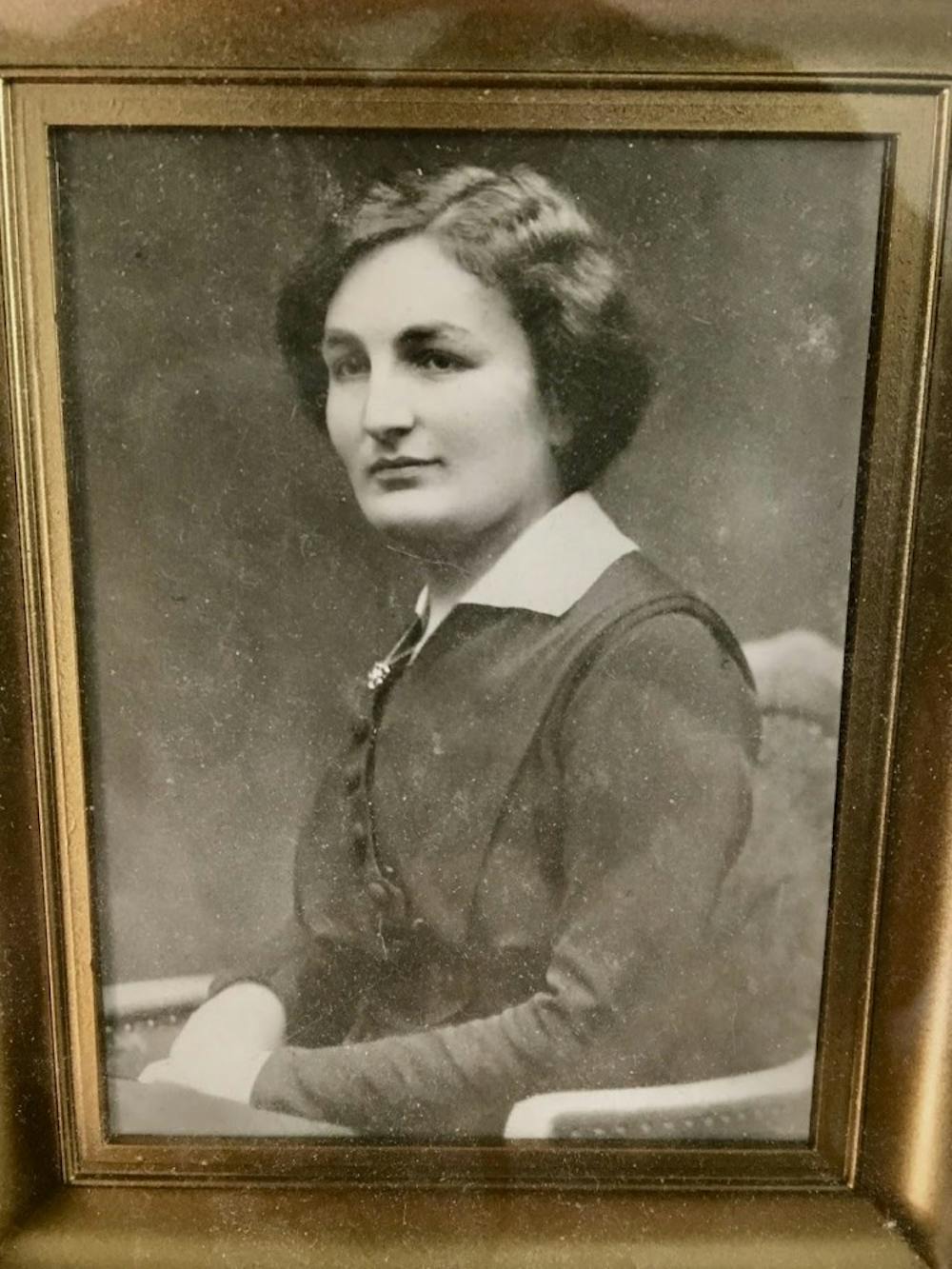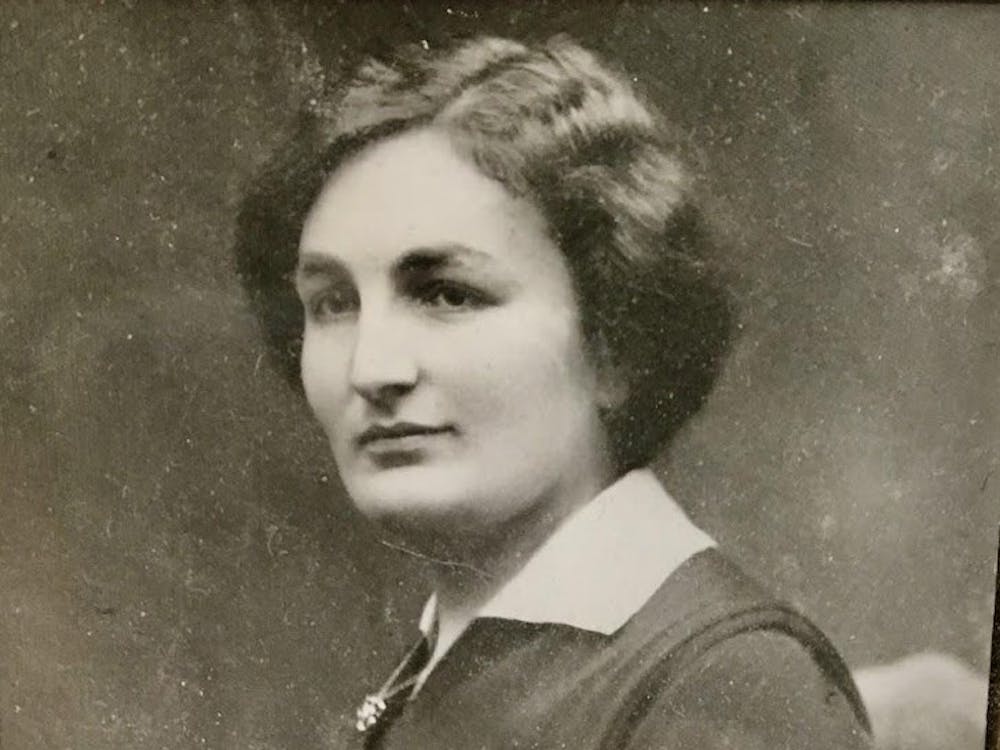For the first 19 years of my life, I went by Clara. My past was my past, and I was comfortable with that. For the last year, however, I have introduced myself as Clara Sophia. This was not an attempt to be edgy, or reinvent myself in college (although shaving my head probably did not help the college kid stereotype). Rather, with a great deal of consideration, I decided that the names my parents gave me reflect a history, a history that I should honor every day. In light of Holocaust Remembrance Week, I want to share a piece of my own Jewish memory, centered around my great great aunt and namesake, Sofia.
As an Ashkenazi Jew, a Jew with roots in Eastern Europe, part of my family’s tradition is to name children after family members who have died before the child was born, to honor their memory. My parents chose “Clara” after my mother’s great aunt, and “Sophia” for my grandfather’s aunt, spelled Sofia, who died in 1945 in the Stutthof Concentration Camp.
What I know about my namesake was passed down through her relatives who survived. I first heard her story on the night of my older brother’s Bar Mitzvah. My mother, grandfather and I were gathered in the kitchen. My grandfather, Sofia’s nephew, handed me a thick picture frame with her photograph, and told me the story of her life for the first time. I was only 10 years old at the time, and I remember looking at my mother, wondering why she was so overcome with tears. 10 years later, I understand why.
Sofia Kamber was born in 1886 in Raseiniai, Kovno District, Lithuania, where she lived until 1943, when she was taken to a labor camp in Vaivara, Estonia. Before she was forced out of Lithuania, she had become one of the few female doctors in the country, studying medicine in Germany and Switzerland. Sofia was never married, but according to my grandfather, she was once in love with a man whom she was forbidden to marry due to her mother’s disapproval. She was loved and trusted by everyone in her life.
Sofia was a well-respected pediatrician in Kovno prior to the war, and was devoted to caring for children in the Jewish orphanage. Prior to her deportation to the labor camp, Sofia was a pediatrician in a clinic in the Kovno Ghetto from 1941-1943. From the ghetto, she was moved to the labor camp in Vaivara, Estonia, and then to another labor camp, in Ereda, Estonia. By 1945, Sofia was dead in Stutthof, Germany — modern-day Poland.

Just as her life was unique, so was her death. Sofia was committed to the service and protection of others, which is the reason she stayed in Kovno while her two brothers, Teddy and Boris, evacuated before the Nazis invaded. She insisted on staying to care for the children in the Jewish orphanage, and did so after the Nazis invaded and placed Jews in Kovno Ghetto. Because she was a doctor, while she was in the concentration camp she was assigned to tend to others. Sofia was warned by a German soldier, a former classmate from medical school, that she would be tasked with harming other prisoners through “medical” means. Although the exact circumstances of her death might never be clear, she stayed true to her commitment to caring for others. Under duress, Sofia used poison to kill herself rather than having to torture and kill innocent people.
I am fortunate enough to know this story because of how the siblings diverged. Sofia’s brother Teddy was one of the thousands of people Chiune Sugihara, a Japanese consul in Lithuania, helped rescue in anticipation of Nazi invasion. Boris, the other brother, fled Lithuania with his wife and his only son, my grandfather. In the late 1930’s, on the eve of my grandfather’s Bar Mitzvah, they escaped Lithuania and started new lives in Haifa, Palestine. Although Sofia was lost along with millions of others in the Holocaust, every victim and survivor of the Holocaust has a distinct story. Every individual person had a name, a family, a path; their own complex life filled with dreams for their future.
This is why I am called Clara Sophia.
This is why I choose visibility and resilience, now, more than ever. This is to honor the memory of my namesake, and to show people in my life that we can embrace our Jewish past and simultaneously build a vibrant Jewish future.
This is why I am called Clara Sophia.
Clara Sophia Camber is a second-year student in the College of Arts and Sciences.







